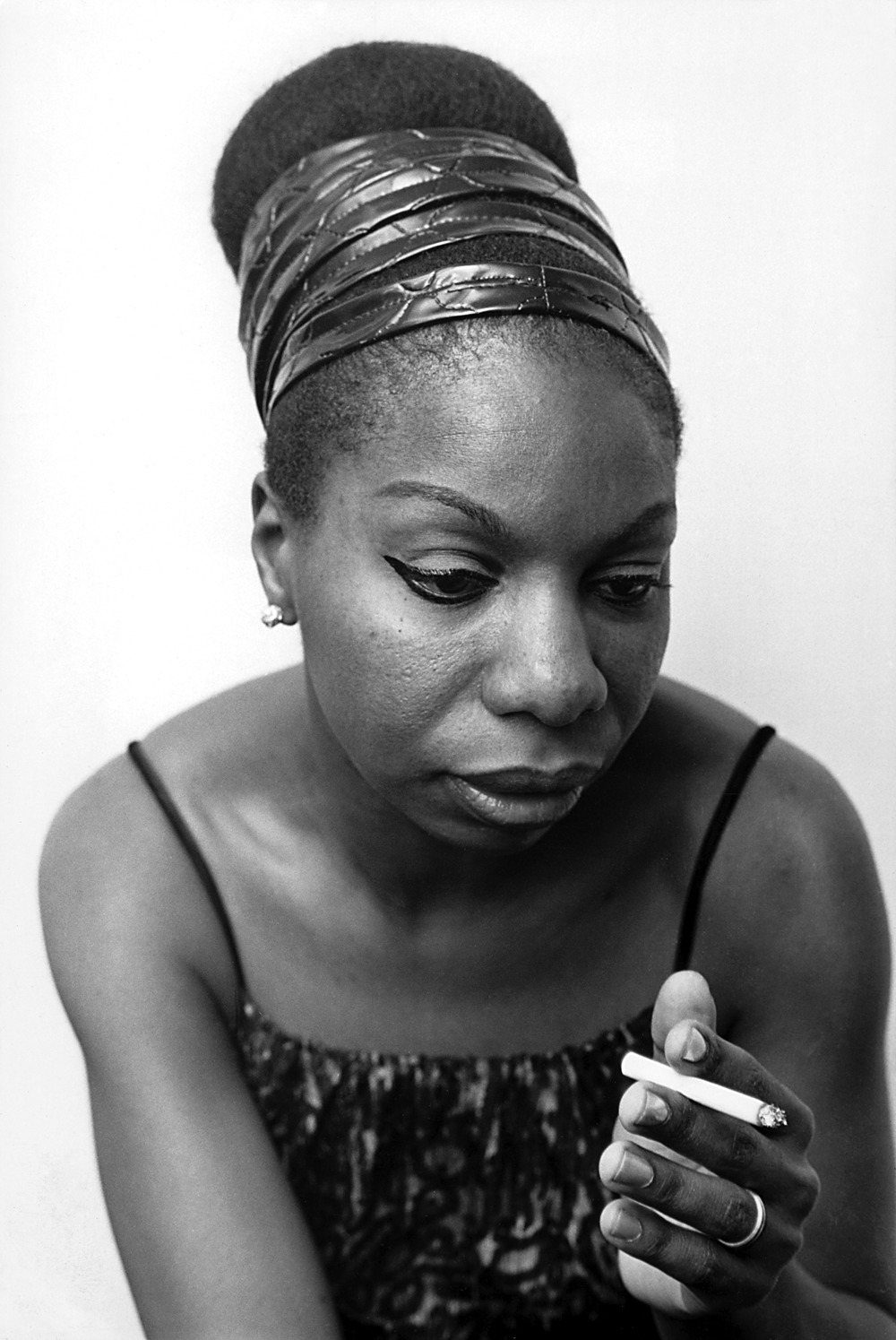
Who was Nina Simone?
Christina Ham’s Nina Simone: Four Women gives us a glimpse into the artistry and activism of one of the most powerful voices in American song history, Nina Simone. By looking at her life’s work through the lens of three other women – a housekeeper, an activist, and a prostitute on the day of the Birmingham church bombing on September 15, 1963 – we see how the Nina Simone we now know came to be.
Born Eunice Kathleen Waymon in the middle of the Great Depression (1933) in Tryon, North Carolina, Simone was the daughter of a handyman and a Methodist minister who recognized early on that she had musical talent; she was playing the piano at age 3 and was taught Bach, Chopin, Brahms, Beethoven, and Schubert soon after. She graduated first in her class and, in an extraordinary expression of their support, Tryon raised money to send her to Allen High School for Girls in Asheville, NC, and then Julliard, where she studied classical piano. Her plan was to study at the Curtis Institute in Philadelphia, but she was denied admission.
Stung by the rejection but determined to perform, the former Eunice Kathleen Waymon changed her name to Nina Simone (to avoid embarrassing her family, who had moved to Philadelphia anticipating her enrollment at Curtis) and began playing at clubs in Atlantic City, New Jersey. Because of her training in the classics, and as a student of jazz and blues, Simone soon found success. Her fame was solidified when, in 1958, she charted with her version of George Gershwin’s “I Loves You, Porgy.”
As a Black woman in the United States during the Civil Rights Era, Simone faced the racism and sexism that permeated the world around her. According to her, it was the murder of Addie Mae Collins, Carol Denise McNair, Carole Robertson, and Cynthia Wesley that compelled her to fuse her musical talents with her anger and despair. The result was “Mississippi Goddam,” a song that was featured on her 1964 album Nina Simone in Concert. The rage is palpable:
I can’t stand the pressure much longer
Somebody say a prayer Alabama’s gotten me so upset
Tennessee made me lose my rest
And everybody knows about Mississippi Goddam
This is a show tune
But the show hasn’t been written for it, yet
Hound dogs on my trail School children sitting in jail
Black cat cross my path I think every day’s gonna be my last
Lord have mercy on this land of mine
We all gonna get it in due time
I don’t belong here
I don’t belong there
I’ve even stopped believing in prayer
Nina Simone: Four Women introduces this Simone to Sarah (who doesn’t sing the blues, but has lived it), Sephronia (a light-skinned Black woman who looks for acceptance in her community through her work with Dr. Martin Luther King Jr.), and Sweet Thing (a fighter who uses her looks to get where she wants to go but does not always succeed). The women share their own stories and, by doing so, help shape Simone’s determination to keep pushing her voice louder in support of justice for not only the four girls in Birmingham, but for all African Americans, particularly the women. The women tell Simone, “You’re still going be singing for some folks that don’t want to hear what you have to say.”
Indeed, “Mississippi Goddam” was boycotted across the South, but Sim-one went on to speak at Civil Rights marches, subscribing to the beliefs of Malcolm X and other Black nationalists, and challenging the laws that prevented her from staying in hotels or performing in Southern venues. Her frustration came out in her music, from songs like “Old Jim Crow” and “To Be Young, Gifted and Black” (inspired by the Lorraine Hansberry play), but ultimately, Simone found a more receptive audience in first Barbados (where she moved in 1970), the Netherlands, and then Aix-en-Provence, France.
As you experience Nina Simone: Four Women, pay close attention to the lyrics. Simone’s artistry comes from a perfect fusion of words, music, and a voice that is singular – in it you can hear her heart searching, her fists clenched, and her dreams soaring. There has never been another one like her.